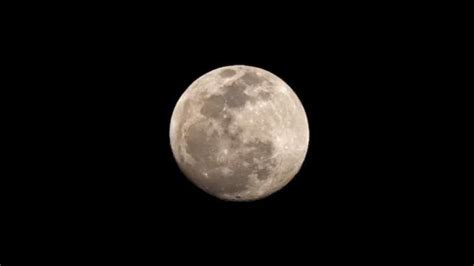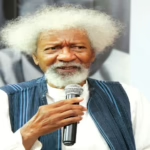July 20 marks National Moon Day, dedicated to commemorating the monumental achievement of Apollo 11’s Moon landing and fostering international cooperation in space exploration, as established by the United Nations General Assembly in 2021.
Despite light pollution obscuring the stars for many, the Moon’s allure continues to captivate observers. Between July 17 and August 24, the Perseids meteor showers, composed of debris from comet Swift-Tuttle, offer a dazzling display of shooting stars with the peak expected on August 13, where up to 100 meteors can be seen per hour.
NASA has identified 290 moons within our solar system, with Earth having just one compared to Saturn’s 146. The Moon, often mythically associated with cheese, is made up of iron in its core and a crust of magnesium, oxygen, and silicon, its surface marked with craters from ancient collisions.
Intriguingly, we always see the same side of the Moon due to its synchronous rotation with Earth. This phenomenon has been used by humans for thousands of years to measure time and construct calendars.
Various lunar phases, such as the Blood Moon, Super Moon, Blue Moon, and Harvest Moon, hold cultural significance across different societies and events in the celestial calendar.
The Apollo 11 mission in 1969 stands as a remarkable milestone in human exploration, with astronauts Neil Armstrong and Buzz Aldrin etching their names in history as the first humans to walk on the Moon. Their achievements spurred a race for space between the United States and the Soviet Union.
While no humans have returned since the Apollo missions, plans for future lunar exploration are underway. The US aims to establish a space station orbiting the Moon, China plans a robotic research station, and Japan and India are preparing for their lunar missions.
In a unique tribute, the ashes of Eugene Shoemaker, a prominent geologist and planetary scientist, were sent to the Moon in 1998 aboard the Lunar Prospector.
Space burials have become a reality, offering individuals the opportunity to find their eternal resting place among the stars. Options range from symbolic ash dispersal in Earth’s orbit to lunar burials, where ashes are delivered to the Moon.
On National Moon Day, let us reflect on the Moon’s impact on human history, scientific understanding, and future exploration. As we celebrate this significant occasion, we also anticipate the next steps humanity will take in our continued exploration of the cosmos.











Leave a Reply